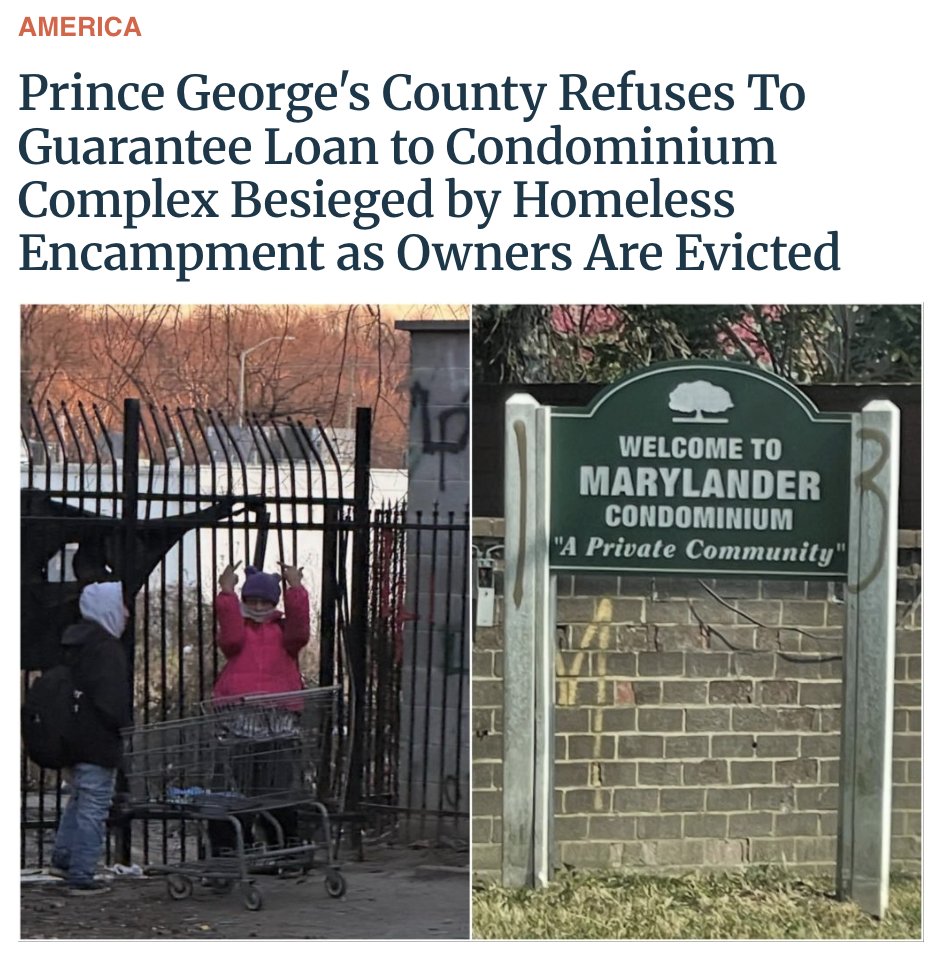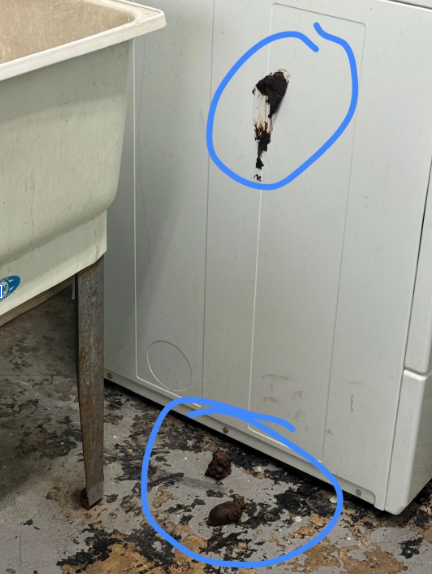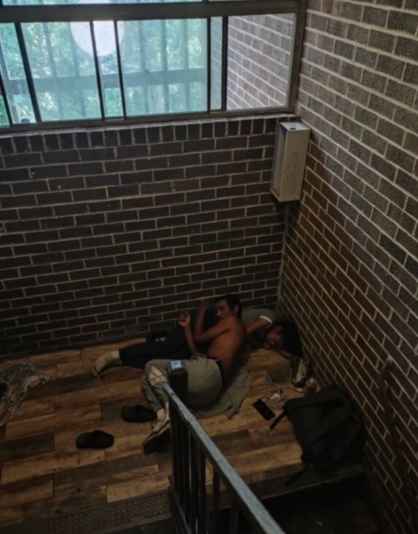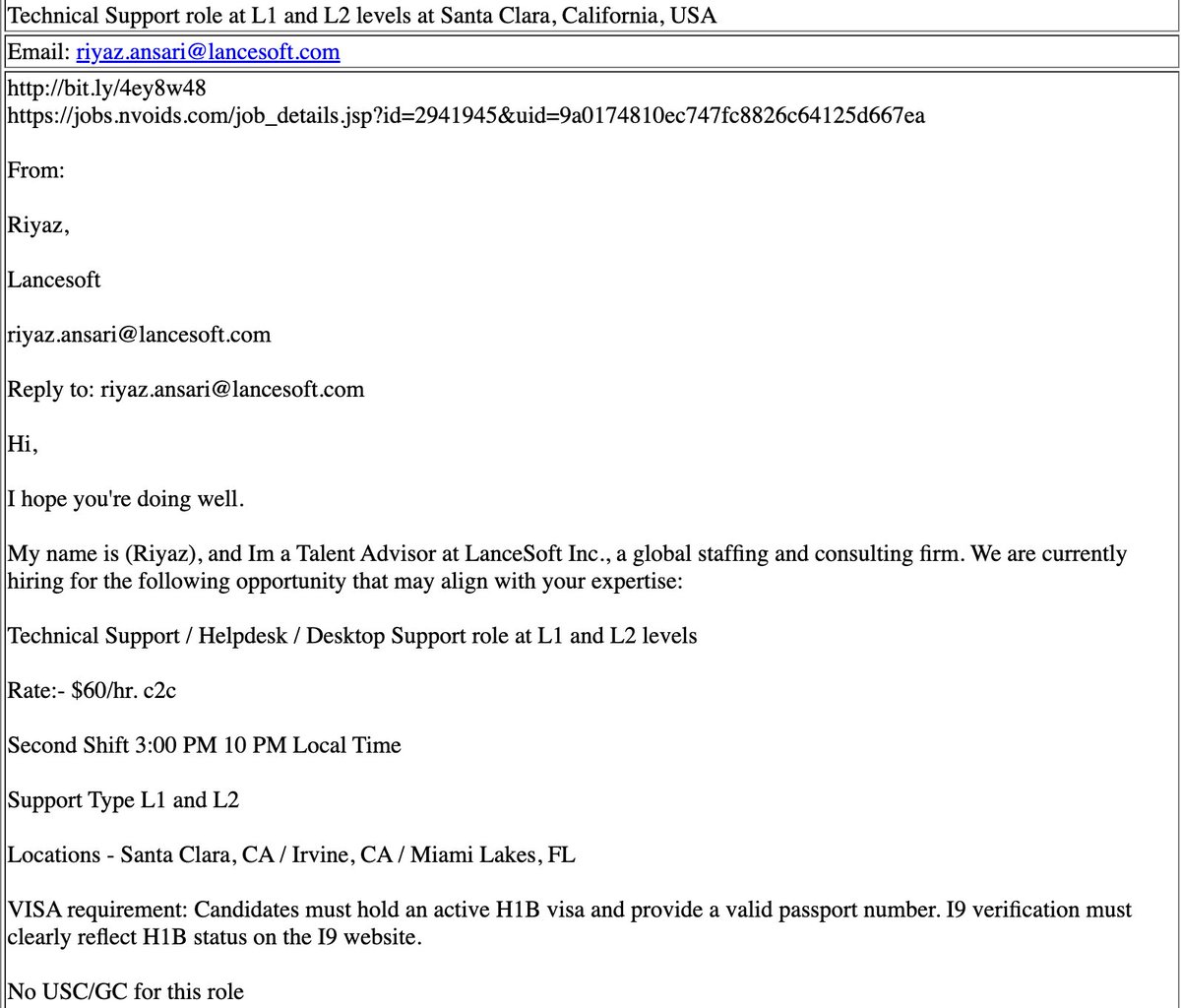One reason the UCLA whistleblowers came forward is that their medical students couldn’t perform basic lab tests—the kind that that might be used to diagnosis life-threatening conditions like, well, sepsis.

https://twitter.com/josephddupont/status/1802366129912070382
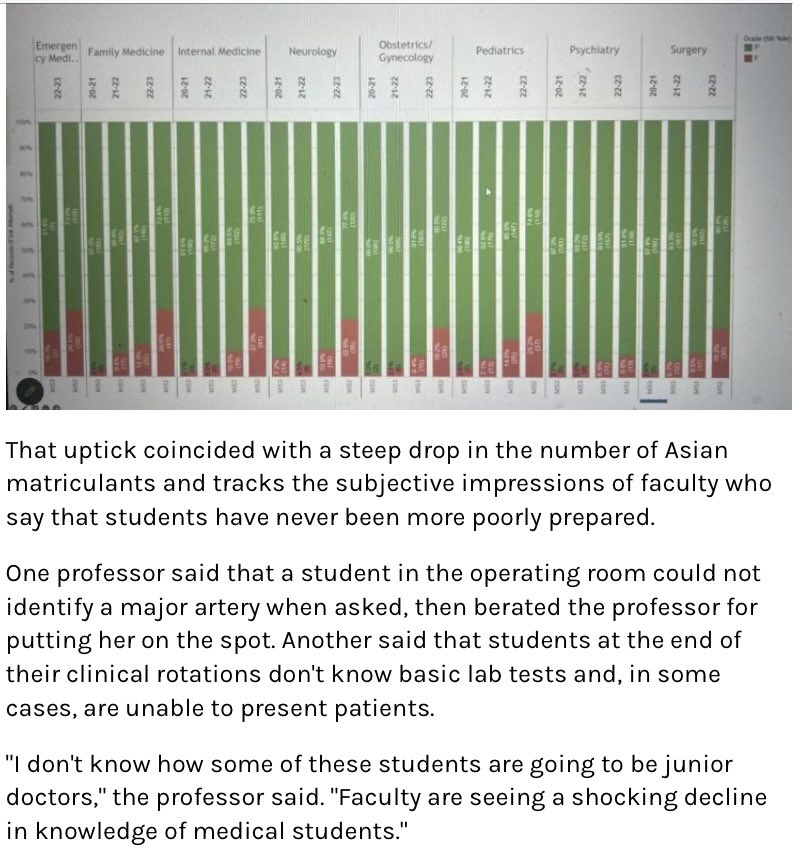
"I have students on their rotation who don't know anything," a member of the admissions committee told the Free Beacon. "People get in and they struggle."
freebeacon.com/campus/a-faile…
freebeacon.com/campus/a-faile…
“The doctors didn’t follow protocol at all. Big issues.”
https://twitter.com/josephddupont/status/1802667351206420748
Such mistakes happen all the time, to be clear, and there’s no evidence to think this particular, near-fatal error was the result of an incompetent medical student.
But it does underscore the stakes of letting incompetent students practice medicine.
But it does underscore the stakes of letting incompetent students practice medicine.
• • •
Missing some Tweet in this thread? You can try to
force a refresh


